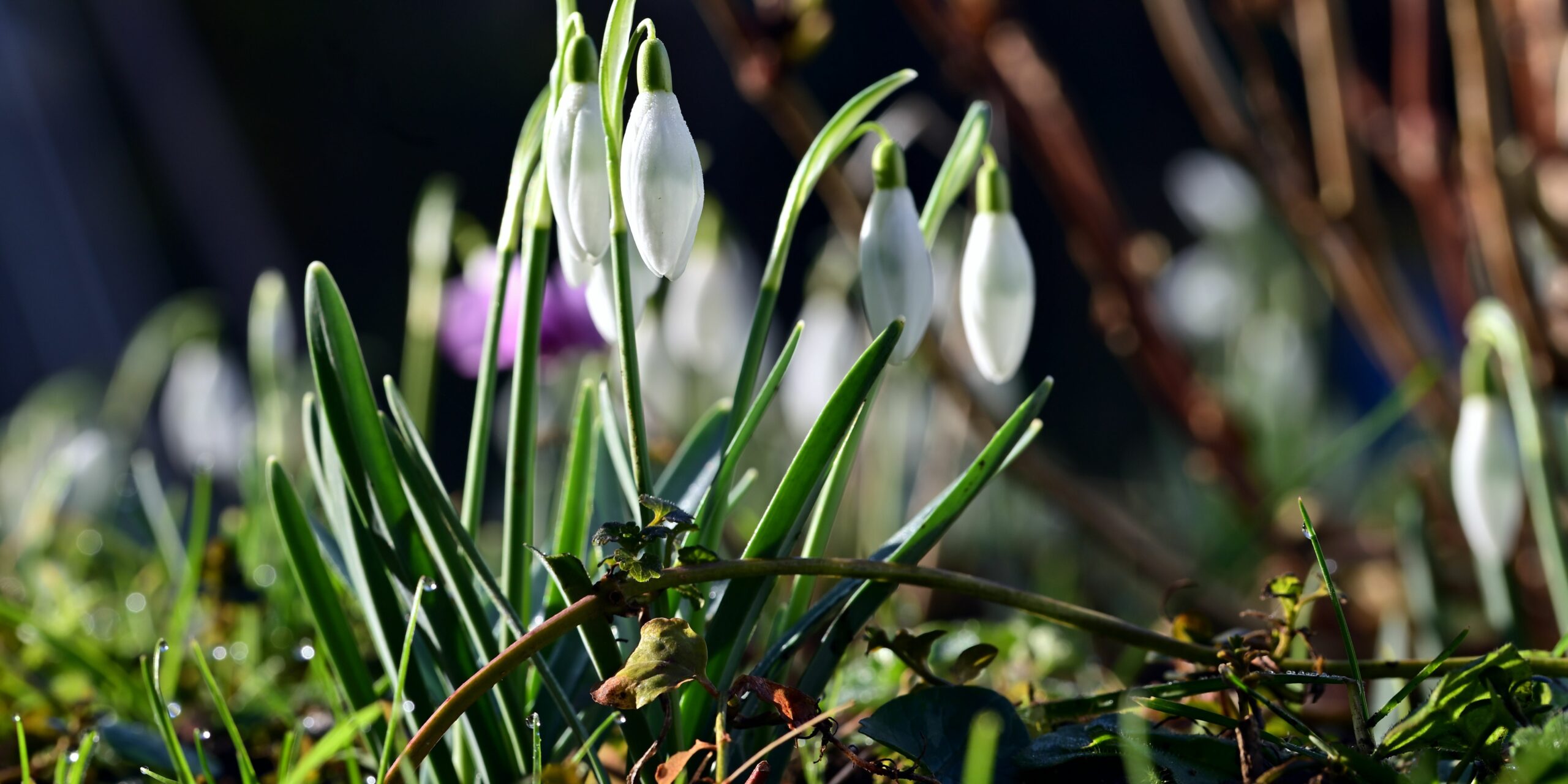10 Best Manures For Your Garden
Manure is an excellent source of primary plant nutrients nitrogen, potassium, and phosphorus. Manure adds organic matter and improves soil structure. This allows optimum root growth and increases the soil’s ability to hold moisture. Here are a few suggestions for Manures to be used in your garden.
1. Magic Seaweed Manure

Magic seaweed manure is made by mixing seaweed with other organic materials like compost or manure. It is an excellent source of nitrogen, potassium, and phosphorus. The benefits of using magic seaweed manure include improving soil structure, promoting root growth, and providing essential nutrients to plants. It also helps in increasing crop yields and overall plant health.
2. Rooting Hormone

Rooting hormone is a type of organic fertilizer that contains hormones that stimulate root growth in plants. It is used to promote root development in cuttings and seedlings. The benefits of using rooting hormone manure include faster root development, improved plant growth, and higher crop yields.
3. Epsom Salt

It is an excellent source of magnesium and sulfur, which are essential nutrients for plant growth. The benefits of using Epsom salt manure include improving soil structure, promoting plant growth, and enhancing the color and quality of flowers and fruits.
4. Vermicompost

Vermicompost is a type of organic fertilizer that is made by using earthworms to break down organic materials like food waste and yard trimmings. It is a rich source of nutrients, including nitrogen, phosphorus, and potassium. The benefits of using vermicompost include improving soil structure, increasing soil fertility, and promoting plant growth.
5. Cow Dung Powder

Cow dung powder, also known as cow manure or cow dung fertilizer, is derived from cow dung through a drying and grinding process. It has several benefits for plant growth: good source of organic matter and essential nutrients, improves soil structure and texture, and helps replenish organic matter, improving long-term soil fertility.
6. Plant Growth Promoter

A plant growth promoter is a type of fertilizer that is designed to stimulate plant growth and development. It contains a combination of essential nutrients, hormones, and other growth-promoting substances. The benefits of using plant growth promoters include faster plant growth, improved crop yields, and enhanced plant health.
7. Coco Peat

Coco peat is a type of organic material that is made from coconut husks. It is an excellent source of organic matter, which improves soil structure and fertility. The benefits of using coco peat include improving soil aeration, retaining moisture in the soil, and enhancing plant growth.
8. Perlite

Perlite is a type of volcanic rock that is used as a soil amendment. It is a lightweight material that improves soil drainage and aeration. The benefits of using perlite include improving soil structure, preventing soil compaction, and promoting healthy plant growth.
9. Red Soil

Red soil is a type of soil that is rich in iron oxide. It is a fertile soil that is commonly used in agriculture. The benefits of using red soil include improving soil fertility, enhancing soil structure, and promoting healthy plant growth.
10. Hydrogel

Hydrogel is a type of polymer that is used to retain moisture in the soil. It absorbs water and releases it slowly, providing a consistent source of moisture for plants. The benefits of using hydrogel include reducing water usage, improving soil moisture retention, and promoting healthy plant growth.
Here are some other blogs which make your Green Space Greener!
- Gardening Calendar Blogs
- Sustainable Gifting Ideas
- Gardener Stories
- Garden Care Blogs
- Miniature Garden Decor
- Gardening Workshops
Have a look at some amazing Videos of Gardening that might help you!
- Tips on planting homegrown plants and creating art with them as a beginner.
- How to preserve, plant, and grow flower seeds in monsoon, winter, and other seasons.
- Growing different vegetables, winter vegetables especially, and tips and tricks to preserve.
- Preserve fruits such as strawberries, Papaya, watermelon, muskmelon, etc.
- Know all about microgreens using examples such as microgreen spinach, microgreen sunflower, microgreen mustard, microgreen flax, etc.
- Using gardening tools such as pots, trays, growing bags, moss sticks, watering cans, etc.
Here are some Workshops that might help you if you are new to Gardening!
- Convert your small space into a green jungle.
- How to upcycle DIYs for home decor
- Watch our workshop on using biochemical enzymes instead of chemicals in gardening.
- Workshop on stepping towards sustainability.

